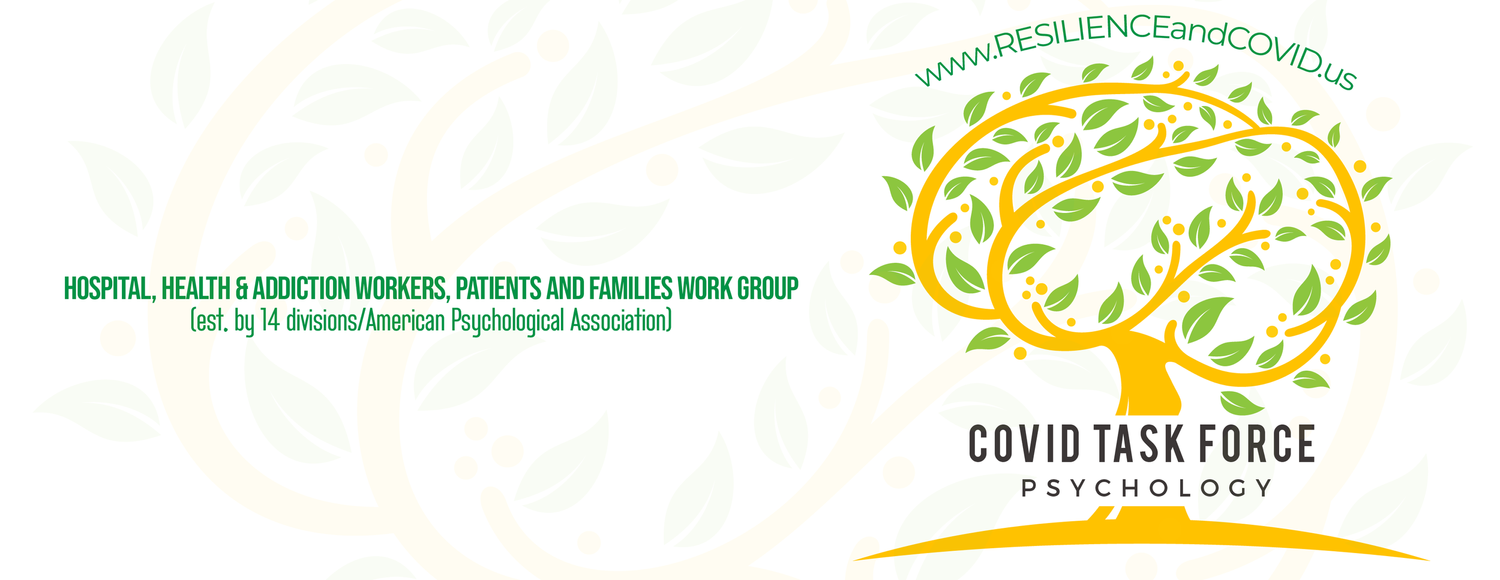Stress-Management Strategies for Healthcare Workers
Reducing COVID-related stress is beneficial for overall well-being.
Since the coronavirus outbreak, hospital workers have been working under stressful circumstances that make them prone to mental health conditions. The COVID-19 pandemic has placed these workers in immeasurable pressure and overwork, which can exacerbate anxiety, stress, insomnia, depressed mood, irritability, and overall fear (Geoffroy et al., 2020).
The symptoms above can affect these individuals’ performance in their professional settings and hinder their overall physical and psychological well-being. During these trying times, it can be difficult for health care workers to cope with all the pandemic's constant changes.
The following are some stress-management strategies that can help healthcare workers reduce overall stress and burnout.
Source: RyanKing999, iStock
Incorporate stress-busters at work. A stress-buster can be any activity that helps alleviate stress. Try to identify a couple of stress-busters that work for you and that can be easily applied in your work setting. Examples of stress-busters that healthcare workers can apply at work include listening to their favorite genre of music, taking a walk outside, and eating a healthy and enjoyable snack.
Practice mindfulness. Practicing mindfulness has been shown to assist in lowering symptoms associated with depression and anxiety, as well as help improve concentration. There are different mindfulness techniques that can be practiced both at work and at home. You can read more about these here.
Set aside time for yourself. It is important to engage in pleasurable activities that are often neglected during stressful times. Healthcare workers should try to make time to practice their favorite activities such as hobbies, exercising, or reading a book.
Spend time with loved ones. During social-distancing times, it can be helpful to set up online meetings to catch up with loved ones and spend time with them in a safe way. Talking with friends and family members can help individuals express their emotions and feel socially supported.
Healthcare workers, such as doctors, nurses, therapists, and medical personnel, have been protecting their patients’ wellbeing during the COVID-19 pandemic. Although daily stress is normal, health care workers have been experiencing abundant levels since the onset of the pandemic. Most hospitals have been overwhelmed and short-staffed, resulting in these workers feeling overworked and fatigued. Furthermore, COVID-19 is an ongoing crisis, meaning that healthcare workers will most likely continue to work under stressful conditions. Stress-management techniques can help alleviate burnout and reduce physical and psychological symptoms, improving overall physical and mental health.
Read article on Psychology Today: https://www.psychologytoday.com/us/blog/psychological-trauma-coping-and-resilience/202102/stress-management-strategies-healthcare
References
Geoffroy, P. A., Le Goanvic, V., Sabbagh, O., Richoux, C., Weinstein, A., Dufayet, G., & Lejoyeux, M. (2020). Psychological support system for hospital workers during the Covid-19 outbreak: Rapid design and implementation of the Covid-Psy hotline. Frontiers in Psychiatry, 11, 511. https://doi.org/10.3389/fpsyt.2020.00511

